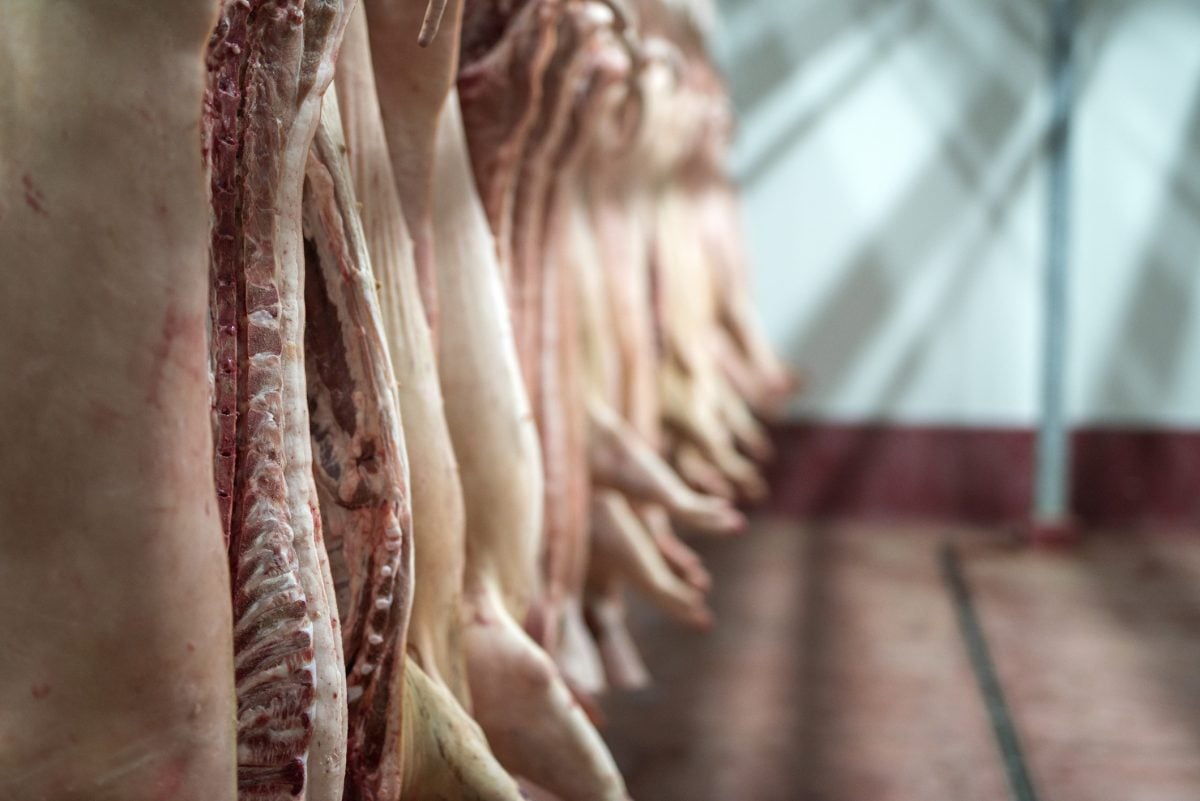Saskatchewan, Alberta and British Columbia remain free of porcine epidemic diarrhea virus and Manitoba has contained spread from its five sites.
A generally warm, dry spring, combined with producers’ attention to biosecurity, is responsible for that good news on the hog disease front, said Alberta Agriculture veterinary epidemiologist Dr. Julia Keenliside.
In an April 30 conference call organized by Alberta Pork, Keenliside said testing for the virus continues at truck washes, abattoirs and assembly yards and there were no positives found in April.
Across Canada, PED did spread in Ontario and Quebec. One new case was reported in Perth County on April 15 and two others were confirmed in March. In total, Ontario has confirmed 79 cases since PED was first found in Canada in January 2014.
Read Also

U.S. livestock: Cattle slip back, hogs gain
Chicago cattle futures slipped back on Friday after Thursday’s pause. Hog futures crept upward. Most-active December live cattle futures closed…
Quebec’s most recent case was confirmed April 22, bringing its total to 13.
Swine veterinarian Dr. Egan Brockhoff said there was a spike in cases after Christmas but that has since slowed.
That is also the case in the United States, where thousands of barns and millions of pigs have been affected.
Though the number of infected premises continues to grow in the U.S., he said, it has slowed due to improved biosecurity and increased immunity through vaccination and herd exposure to the virus.
PED virus is generally fatal to young piglets, which die of dehydration and malnutrition. The disease presents no risk to humans or to food quality.
barb.glen@producer.com














